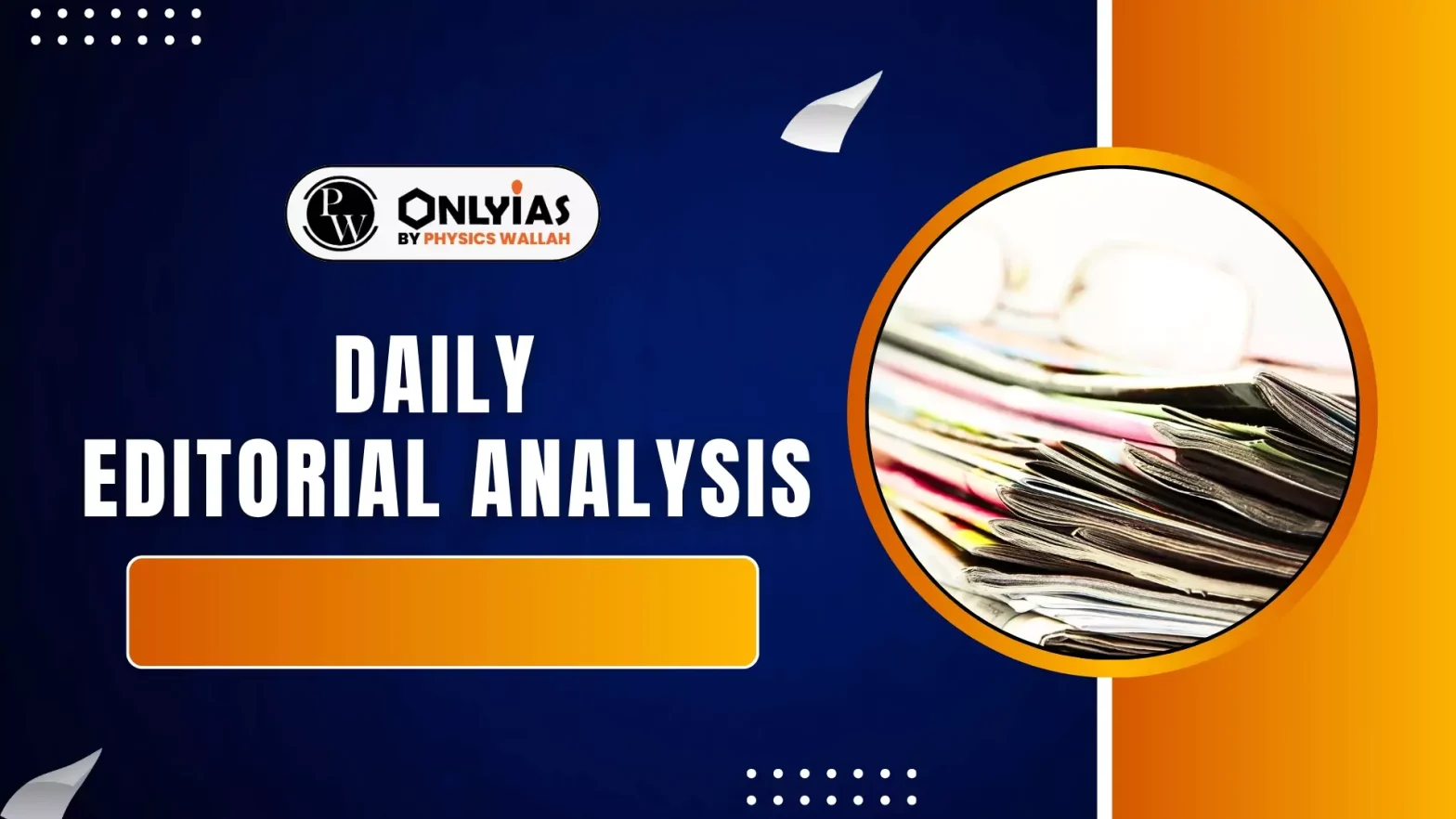The Union Ministry of Home Affairs’ assertion to the J&K High Court that the Lieutenant-Governor (L-G) can nominate five Assembly members without the “aid and advice” of the elected government overrides democratic accountability.
- This fundamentally challenges the principle that an LG must act on the counsel and suggestions of the elected government, unless specific discretionary powers are explicitly granted.
- Such consequential decisions, especially those involving members with voting rights in an elected assembly, must emerge from a democratic mandate, not from administrative discretion.
The Core of the Dispute
- The controversy stems from the 2023 amendments to the Jammu and Kashmir Reorganisation Act 2019.
- These amendments inserted Sections 15A and 15B, granting the LG the authority to nominate five members to the J&K Assembly.
- Specifically, these five nominated members include:
- Two Kashmiri migrants, with one required to be a woman.
- One person from the Pakistan-occupied Jammu and Kashmir (PoJK) community.
- Two women, if their representation in the elected Assembly is otherwise inadequate, which was an existing power, effectively creating five additional nominated seats.
- The J&K government maintains that the LG should exercise this power only with their “aid and advice,” arguing that acting unilaterally goes against democratic principles.
- In contrast, the Union Ministry of Home Affairs (MHA) asserts that the LG possesses full authority to make these nominations independently.
Constitutional Questions Emerging from MHA’s View
- Constitutional Question Before J&K High Court: Do the 2023 amendments, allowing the LG to nominate five members to the Assembly, violate the basic structure of the Constitution?
- Potential Impact on Assembly Dynamics: In a 119-member Assembly, the five nominated members have voting rights.
- Their influence could decide government stability by shifting majority control.
- These nominations could alter government majorities, undermining the electoral process.
- MHA’s Legal Standpoint: The MHA, rather than directly addressing the basic structure question, focuses on legal technicalities.
- It argues that these nominations fall “outside the remit” (scope) of the elected government’s business.
- The Ministry cites the K. Lakshminarayanan vs The Union of India case from Puducherry, where the Supreme Court indicated that the Puducherry LG’s consultation with the Chief Minister for nominations was not compulsory.
- It references Section 12 of the 1963 Union Territories Act (which governs voting procedures for nominated members) to justify bypassing democratic consultation.
- Core Constitutional Dilemma: whether any legal framework that allows appointed officials to potentially overturn the people’s electoral verdict aligns with the democratic essence of the Constitution?
Clash with Supreme Court Precedent and Political Impact of MHA Argument
- Delhi Services Cases (2018 & 2023): The Ministry’s argument that nominations exist “outside the realm of the business of the elected government” contradicts with the evolving Supreme Court jurisprudence.
- In the Delhi services cases of 2018 and 2023, it ruled that the L-G should act on elected governments’ aid and advice, with discretionary powers treated as exceptions
- Puducherry 2021: In 2021, three years after Lakshminarayanan, Puducherry saw nominated members and defecting elected MLAs contributing to the collapse of the Congress-led government. 44
- This illustrates the real and high-stakes consequences of such nominations.
Conclusion
J&K’s trajectory to Union Territory, without consultation with elected representatives, makes democratic accountability even more crucial.
- The unfulfilled promise of Statehood restoration, acknowledged by the Supreme Court and despite overwhelming support in J&K, reinforces that current arrangements should strengthen democratic governance.
![]() 14 Aug 2025
14 Aug 2025
